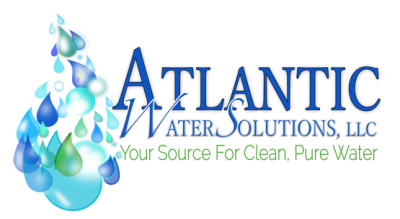Well Water Testing Is Important
Whether you are currently using a well right now or will be in the future, maintaining its cleanliness is very important. Bacteria, human/animal waste and other contaminants can infiltrate your water, making it unsafe to drink and use. Well water should be treated annually for nitrates, nitrites and bacteria.
Problems With Your Well Water
Scale Buildup
This occurs when water is traveling and accumulates minerals, such as calcium and magnesium that can create rock-like scale buildup.
Smelly Odors & Taste
If the water has an odor similar to rotten eggs, this could be due to naturally occurring sulfides or sulfates in the water from dissolved minerals, gas or oil deposits.
Cloudy, Hazy Water
There could be too much sediment in the water. This can result from iron or manganese minerals that have dissolved in the water.
Contaminants in Water
The range of contaminants can be from human and animal waste to mineral deposits and hard water scale buildup.
FAQs
For any further water quality questions, please contact Atlantic Water Solutions, LLC. We proudly offer services to clients in & around Gray, Scarborough, Brunswick, Naples, Hollis, Berwick & Wells, ME as well as Alton, Ossipee & Rochester, NH.








